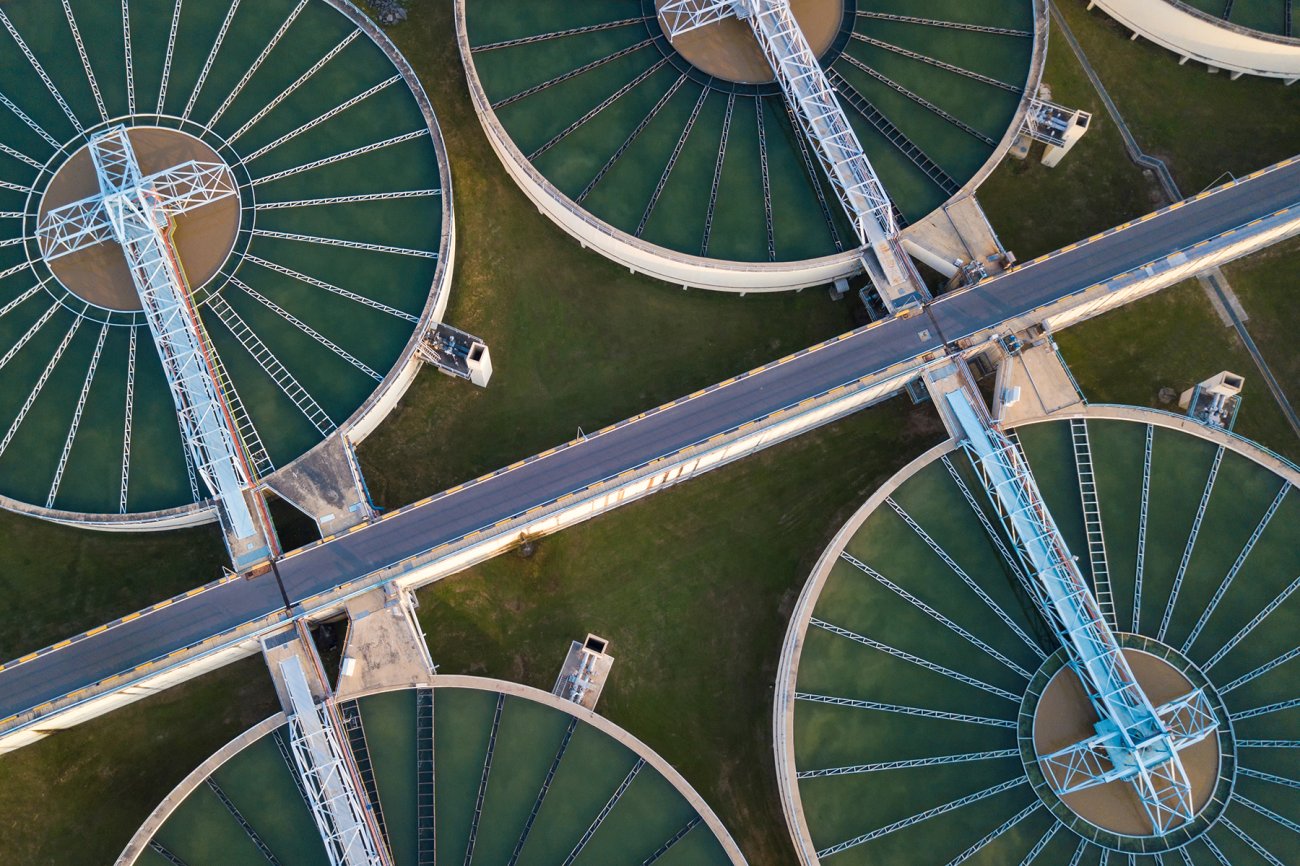More About Reclaim Waste
More About Reclaim Waste
Blog Article
The 20-Second Trick For Reclaim Waste
Table of ContentsUnknown Facts About Reclaim WasteExcitement About Reclaim WasteFacts About Reclaim Waste UncoveredSome Ideas on Reclaim Waste You Should KnowThe Greatest Guide To Reclaim Waste
Explore the kinds, incidents, and kinds of fluid waste. Domestic sewage waste describes the waste and items from a household sewage-disposal tank. This sort of waste is produced by humans in residences, schools, and other buildings. This only consists of septic tanks that have a drainpipe area. The proper management and disposal of residential sewage waste need fluid waste to be transferred to a sewage therapy plant where the correct techniques and devices are related to cleanse and get rid of waste.
Industrial waste often consists of prospective hazards, such as flammable materials or a mix of fluid and strong waste items, and needs an advanced and detailed disposal process. The disposal of industrial waste generally includes the purification of waste prior to transportation to make certain risk-free and proper disposal. Industrial waste is created from byproducts and runoff of commercial procedures and production.
This sort of waste can not utilize the same sewage administration transportation or procedures as septic or business fluids. The hazardous waste administration procedure needs the assessment and screening of liquid waste prior to it undertakes the disposal procedure (liquid waste removal). Overflow waste is the liquid waste that originates from drainage and excess stormwater in extremely inhabited locations or cities
Runoff waste can create contamination and flooding otherwise taken care of correctly. Find out more concerning drain cleansing and waste management. Making certain proper waste administration can prevent calamities and reduce environmental harm. Both individuals in property setups and specialists in commercial or manufacturing sectors can take advantage of understanding the procedures and policies of liquid waste monitoring.
The 30-Second Trick For Reclaim Waste
Call PROS Services today to learn more about our waste monitoring and disposal services and the proper ways to look after the liquid waste you produce.
(https://penzu.com/p/1f225eb6893bd9aa)This supposed 'wastewater' is not only an important source but, after treatment, will be released to our land, waterways or the sea. Made use of water from bathrooms, showers, baths, cooking area sinks, washings and commercial procedures is known as wastewater.

water made use about his of to cool down equipment or tidy plant and devices). Stormwater, a kind of wastewater, is runoff that flows from farming and urban areas such as roofing systems, parks, gardens, roadways, courses and rain gutters into stormwater drains pipes, after rainfall. Stormwater flows untreated directly to local creeks or rivers, at some point reaching the sea.
4 Easy Facts About Reclaim Waste Described
In Queensland, the majority of wastewater is treated at sewage treatment plants. Wastewater is moved from domestic or industrial sites with a system of sewage systems and pump terminals, recognized as sewage reticulation, to a sewer therapy plant. Neighborhood federal governments construct, keep and run most sewage treatment plants. Operators are licensed under the Environmental Protection Act 1994 to discharge cured wastewater at an appropriate environmental criterion into rivers.
The Division of Natural Resources advises city governments regarding handling, operating and keeping sewerage systems and therapy plants. In unsewered locations, city governments may call for householders to set up individual or family sewage treatment systems to deal with residential wastewater from bathrooms, kitchen areas, shower rooms and washings. The Division of Natural Resources authorises using home systems when they are confirmed to be reliable.
A lot of stormwater obtains no treatment. In some new communities, treatment of some stormwater to get rid of trash, sand and crushed rock has started making use of gross pollutant traps. Wastewater therapy happens in 4 stages: Removes strong issue. Bigger solids, such as plastics and other things mistakenly discharged to drains, are gotten rid of when wastewater is passed via screens.
Utilizes little living microorganisms understands as micro-organisms to break down and remove remaining dissolved wastes and great particles. Micro-organisms and wastes are integrated in the sludge.
The 7-Minute Rule for Reclaim Waste
Nutrient elimination is not offered at all sewage treatment plants due to the fact that it calls for costly specialised devices. Clear liquid effluent generated after therapy may still include disease-causing micro-organisms - industrial wastewater treatment.

A lot of wastewater flows right into the sewage system. Under the Act, regional governments carry out authorizations and permits for environmentally pertinent tasks (Periods) entailing wastewater releases that may have a local effect.
The Ultimate Guide To Reclaim Waste
Or else, samples are considered research laboratory evaluation. Usually numerous tests are needed to develop the levels of each of the various toxins such as oils, heavy steels and pesticides in water. Monitoring offers factual details about water quality and can verify that permit problems are being fulfilled. The information acquired via tracking provides the basis for making water quality decisions.
Report this page